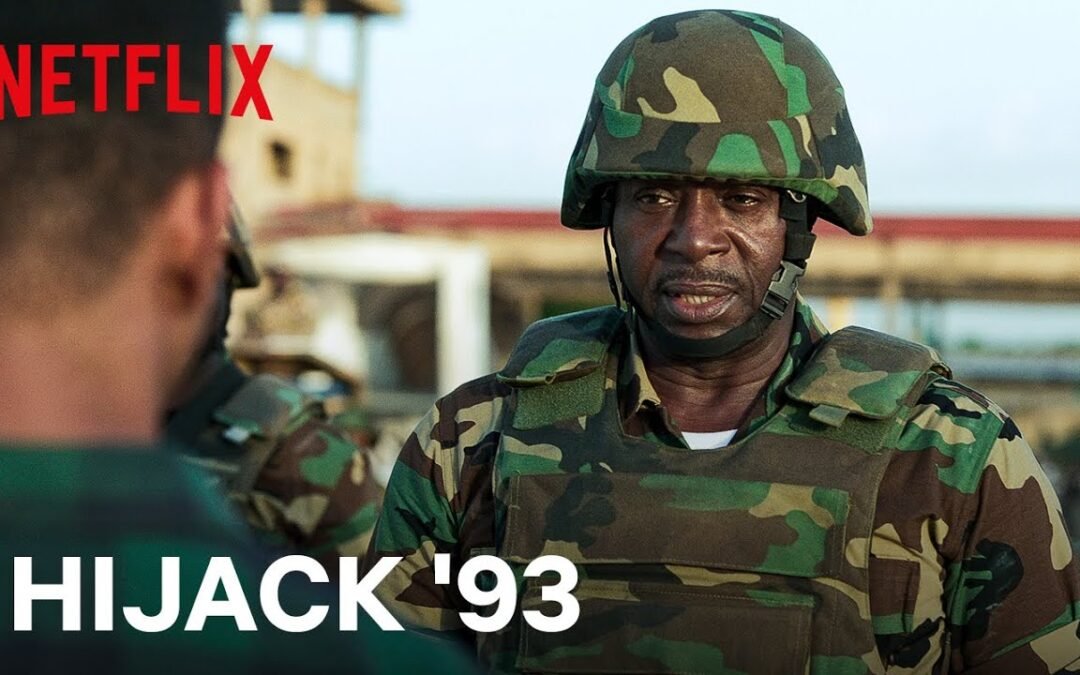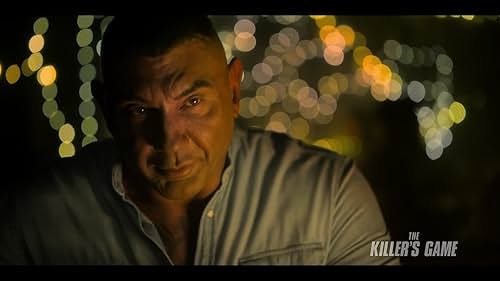“1992” is a period drama by Ava DuVernay, historicized within the context of the Los Angeles riots, following the acquittal of police officers in the famous Rodney King beating incident. The movie interlaces stories of emotionally charged community activists, police officers, and everyday citizens caught in the chaos that went down during those pivotal days. The film attempts to present a human face to the deep-seated racial animosities and entrenched systematic injustices that exploded into violence.
Review: “1992” is a gut-wrenching, riveting look at one of the darkest moments in American civil unrest. Ava DuVernay creates an immersive sense of place and urgency that gives reason to the narrative drive, marshalling perspectives with practiced skill in order to create a broad snapshot of the riots. The ensemble is headed by ferociously powerful gut-wrenching performances from John Boyega, Viola Davis, and Michael B. Jordan that capture the emotions of fear, anger, and despair within the time of riots.
DuVernay is a good storyteller who maintains this balance in the blend of personal stories with broad commentary. It makes for a film that is both instructive and emotionally resonant. The photography captures the rawness of the streets of LA during riots very well, combining clear archival footage with dramatic reenactments into a visually striking experience. The film does not shy away from such racial and social dynamics alone, considering injustice and resilience in the tussle to find hope in chaos.
Its ambition-to encompass all those perspectives on occasion-makes for a disjointed narrative and results in a few underdeveloped characters. Though the pace will not allow the audience any lag in interest, the subject matter of this movie is very heavy and might be overwhelming to some viewers.
Mark: 4.5/5 “1992” is an impactful and needed investigation of the riots of LA, offering an in-depth look at human stories behind headlines. In nature, there possibly is a lot to be learned from this chronicle not only concerning American history but social justice in general and the ongoing conversation about race and policing in the United States. DuVernay’s directorial command, aided by strong performances and an evocative script, endows 1992 with an accolade as scintillating drama, carrying with it him a need as a reminder of how the past informs the present.





